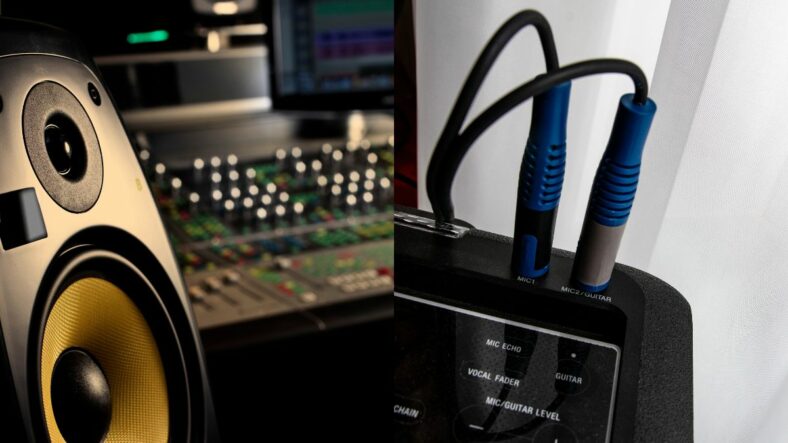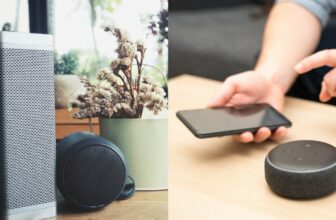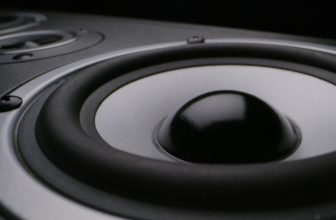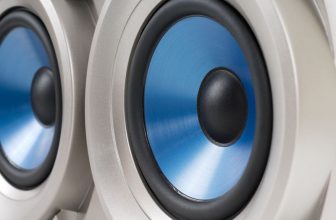Stop Speakers Buzzing (6 Fixes)

To stop speakers from buzzing, first check and secure all connections, adjust volume levels, and separate the speakers from interference sources. If the problem persists, examine the speaker cables, power source, or consider upgrading your equipment.
Buzzing in speakers is a common problem that can be irritating and affect the overall quality of your audio experience. The cause of the buzzing can vary, but there are several common issues that can be addressed to resolve the problem. This article will provide a comprehensive guide to troubleshooting and fixing buzzing speakers, starting with the most common solutions and moving on to more specific issues.
Contents
1. Check and Secure Connections
One of the most common causes of speaker buzzing is loose or improper connections. To fix this issue, follow these steps:
- Turn off the audio equipment.
- Inspect all connections between the speakers, amplifier, and audio source.
- Ensure that all cables are properly connected and secured.
- If using speaker wires, ensure that the wire is not frayed or damaged.
2. Adjust Volume Levels
High volume levels can cause speaker distortion and buzzing. To address this issue, follow these steps:
- Lower the volume on the audio source or amplifier.
- If the problem persists, gradually increase the volume while listening for any buzzing or distortion.
3. Separate Speakers from Interference Sources
Electromagnetic interference from nearby devices can cause speaker buzzing. To fix this issue, follow these steps:
- Identify any possible sources of interference, such as cell phones, Wi-Fi routers, or other electronic devices.
- Move the speakers away from these sources or turn off the interfering devices when using the speakers.
4. Examine Speaker Cables
Faulty or damaged speaker cables can cause buzzing. To check the cables, follow these steps:
- Inspect the cables for any visible damage, such as fraying or kinks.
- Replace damaged cables with new ones.
- If possible, test the speakers with a different set of cables to rule out any issues with the original cables.
5. Check the Power Source
A poor or fluctuating power source can cause speaker buzzing. To address this issue, follow these steps:
- Ensure that the speakers and audio equipment are connected to a stable power source.
- Use a power conditioner or surge protector to protect against voltage fluctuations and electrical noise.
- If possible, test the speakers with a different power source to rule out any issues with the original source.
6. Upgrade or Fix/Return Your Equipment
If the buzzing persists after trying the above solutions, it might be time to consider upgrading or returning/fixing your audio equipment. Higher-quality speakers, amplifiers, and cables can provide better sound and minimize buzzing. Consider investing in the following upgrades:
- High-quality speakers with better shielding and materials.
- A better-quality amplifier that can handle higher volumes without distortion.
- High-quality cables that are less prone to interference and damage.
Conclusion
Speaker buzzing can be a frustrating problem, but with a systematic approach to troubleshooting and addressing the most common causes, you can effectively eliminate the issue. By checking connections, adjusting volume levels, separating speakers from interference sources, examining cables, and considering equipment upgrades, you can enjoy a clear and buzz-free audio experience.





